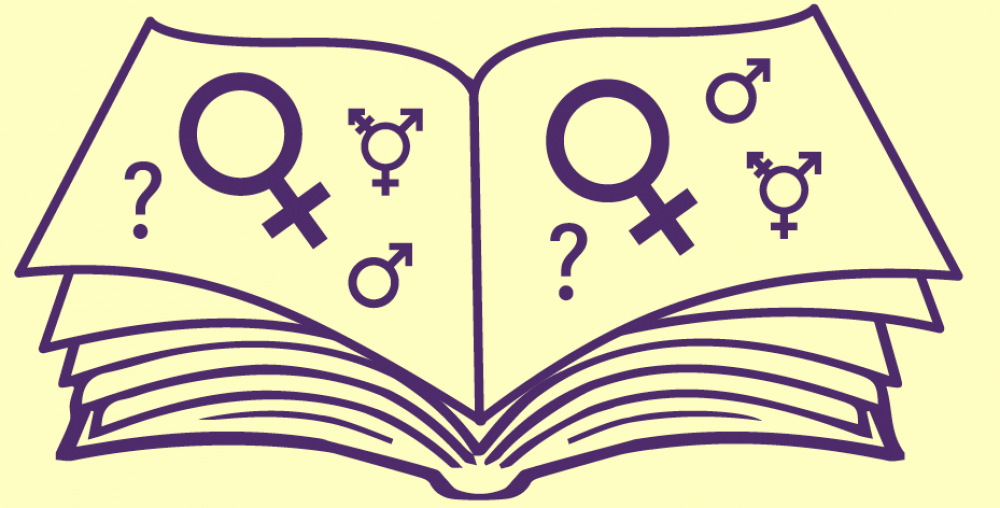In The Color Purple by Alice Walker a prevalent theme is dominance. Dominance in this instance is defined as those having the final say on the well-being of those physical, socially, mentally or economically “inferior” to the dominant party. As an expression of this dominance, the will of the dominant person is imposed in any form of expression that they choose. In the case of Celie’s step-dad and then her husband this dominance is expressed violently( Is dominance ever expressed benignly?).
Celie’s stepdad not only rapes her, he beats her, impregnates her, takes the children of this incestuous union against her will and demands her silence. As an effort to further restrict Celie’s voice, her stepdad denies her a continuing education further retarding her ability of expression and articulation of her dire circumstances. The sex act for Celie is an expression of violence and domination and not of love, affection or tenderness. Never does her uninvited partner show any real concern or attention to her feelings and just engage in the act for their own selfish gain.
Harpo, Celie’s stepson, learns from his father that his role as a man in a relationship is one of dominance and for his voice to be heard and followed he should employ regular beatings to his female partner. Unfortunately for him, Sofia, his wife, is more than equal to the task. She is not only physically his superior but also possesses a will, temperament and history that has prepared her for those who would dare attempt to dominate her. Harpo so much wants his voice to be the dominant voice and to fulfill his role as a man in the early twentieth century American society that he ignores his already loving relationship in pursuit of this role. Sofia is too accustomed to speaking her mind and doing what she wants, it proves a combustible situation. His attempts to silence Sofia are futile and to his own detriment and only succeeds in chasing her away.
Shug Avery has learnt to wield her sex appeal as a tool as dominance and empower her voice. She is an independent woman and has to be. She is equally admired and despised by her contemporaries but as long as she draws breath she would be the one dispensing sharp barbs in the way of pointed remarks especially to those she knows are receptive to her will, namely Celie’s husband.
Celie having only experienced sex under the threat of violence and from men, has no desire to be with them sexually. Maybe she always was homosexual but as we progress through the book Celie is increasingly aware of her attraction to women, in particular Shug Avery. Furthermore it is only with women that she is comfortable voicing her fears and her history and confides in both Sofia and Shrug the circumstances of her relationship.
Works Cited
Walker, Alice. The Color Purple: USA, First Harvest.2003. Print




Would you say by being dominant the male characters in The Color Purple take away their voices? As for Shug, the only way she could gain her voice back was to become a singer and she was criticized for that. Sofia had to fight to gain her voice. It is not an easy road for the female characters to have a voice.
It is one of the ideals of dominance to silence those they are dominating. That is why the underprivileged and marginalized use rallies, and all avenues open to them to let their voices be heard. Albert wisely threatens Celie to not speak of her torment or the actions that he has imposed on her. This is to delay or nullify the consequences of his reprehensible acts.What is interesting is Celie in some way silences them male characters by omitting their names.
Great point, Stephanie!
Fantastic post, Garcia. I can tell that you thought deeply about the connections between violence, sexuality, and voice in the text.